The Nikon Z6 II and Z7 II have been officially revealed as the successors to Nikon's original full-frame mirrorless cameras from 2018 – and while they're not a huge leap from the Nikon Z6 and Nikon Z7, one big new addition has helped unlocked some new talents.
For the first time, Nikon has packed dual Expeed 6 processors into both of its new mirrorless flagships. That might not sound exciting, but it does promise to give the Nikon Z6 II and Z7 II a generous boost to their autofocus, buffer and video powers.
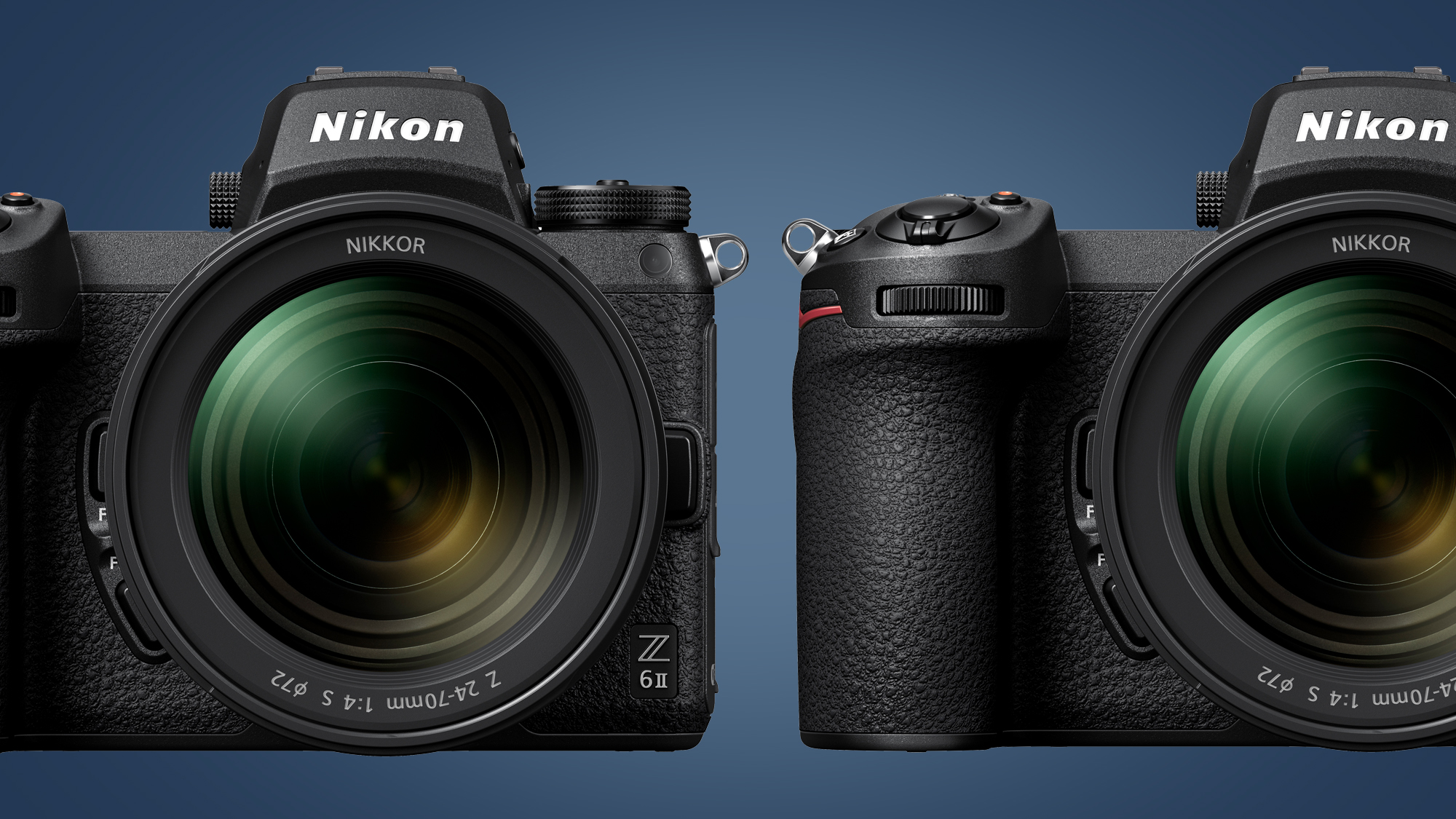
If you're not familiar with the original Z series cameras (which will remain on sale), the Nikon Z6 is a 24.5MP full-frame all-rounder that's long owned the number one spot in our best camera guide. The Nikon Z7, meanwhile, is a more niche 45.7MP full-framer for pros looking for a mirrorless equivalent to DSLRs like the Nikon D850.
The Nikon Z6 II and Z7 II have exactly the same backside-illuminated sensors as those two original models, which could be good or bad news, depending on your expectations. We're certainly not complaining, as both are among the best full-frame sensors we've tested.
The real question is whether or not Nikon has added enough extra features to keep its full-frame mirrorless flagships ahead of the hot new competition from the Canon EOS R5, Canon EOS R6 and Panasonic Lumix S5. And the answer is... possibly.
- These are the best mirrorless cameras you can buy right now
- Read our in-depth Nikon Z6 review
- Check out the best Amazon Prime Day deals
Nikon Z6 II and Z7 II release date and price
The Nikon Z6 II and Z7 II don't have an exact on-sale date yet, with Nikon telling us they'll be available by the end of 2020. We'll update this page as soon as we get a more precise date.
As for pricing, the Nikon Z6 II will cost $1,999 / £1,999 / AU$3,499 (body only), while the Nikon Z7 II's body-only price will be $2,999 / £2,999 (around AU$5,440).
This means the Nikon Z6 II has a virtually identical launch price to its Z6 predecessor, but the Z7 II is actually quite a bit cheaper than its predecessor at launch. Back in 2018, the Z7 arrived for $3,399.95 / £3,399 / AU$5,499 (body-only), so it seems Nikon is trying to make its high-resolution model a little more attractive to pro shooters.
Nikon Z6 II and Z7 II specs and features
Other than their new dual Expeed processors, both cameras have six main differences from the Nikon Z6 and Nikon Z7.
Firstly, Nikon says the Z6 II and Z7 II have "vastly improved" autofocus and tracking powers, which now includes Animal Detection AF that officially works on cats and dogs, but has apparently also worked on other animals like bears and foxes.
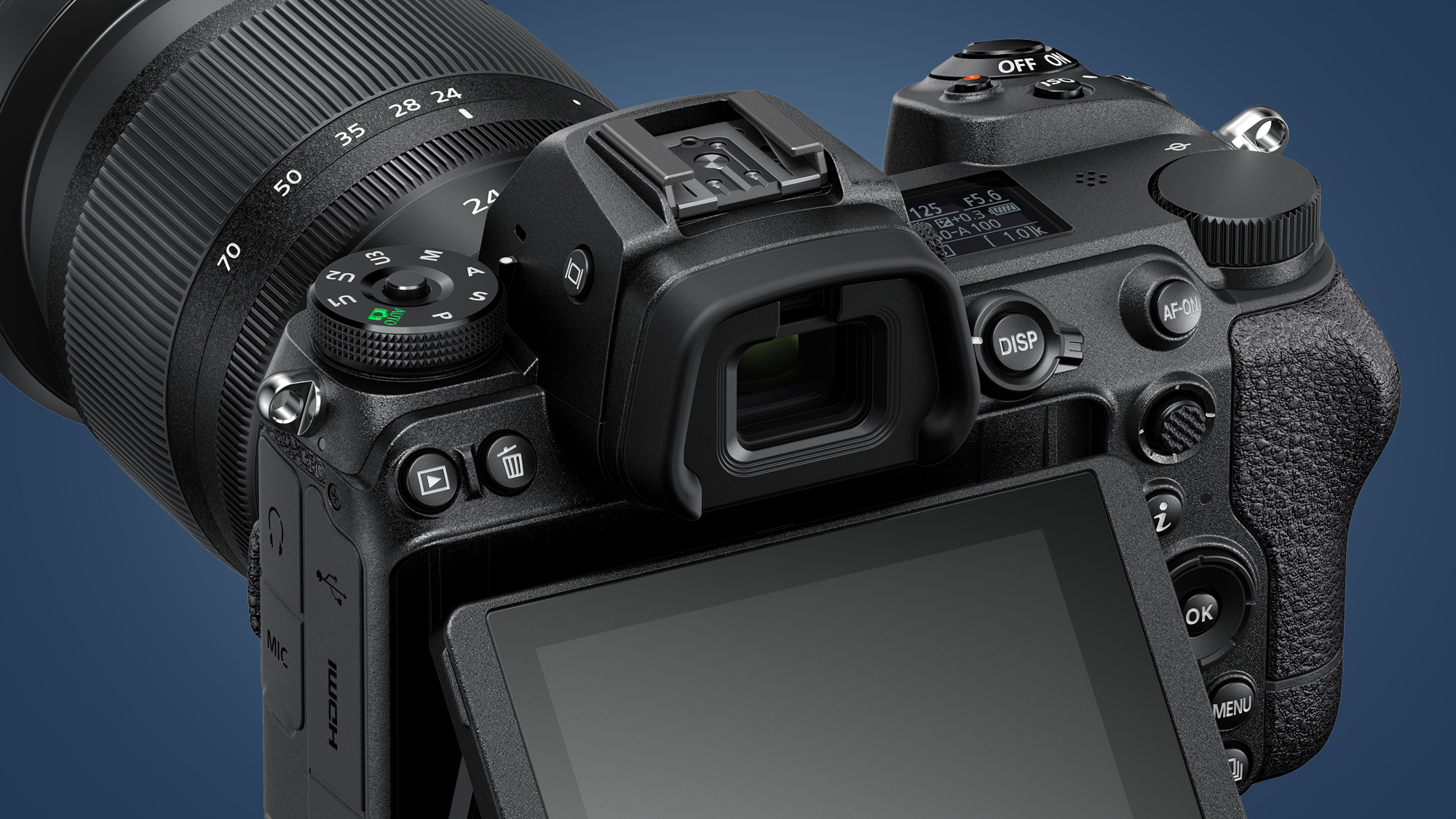
On paper, this still sounds a step behind the incredible Animal Eye AF we recently saw on the Canon EOS R5 (check out our wildlife photographer's thoughts on Canon's Animal Eye AF), but we'll wait to test it before passing judgement. Nikon says low light focusing has also also improved on the Z6 II and Z7 II – using an f/2.0 lens, you'll apparently be able to focus in –6EV (or "quarter moonlight").
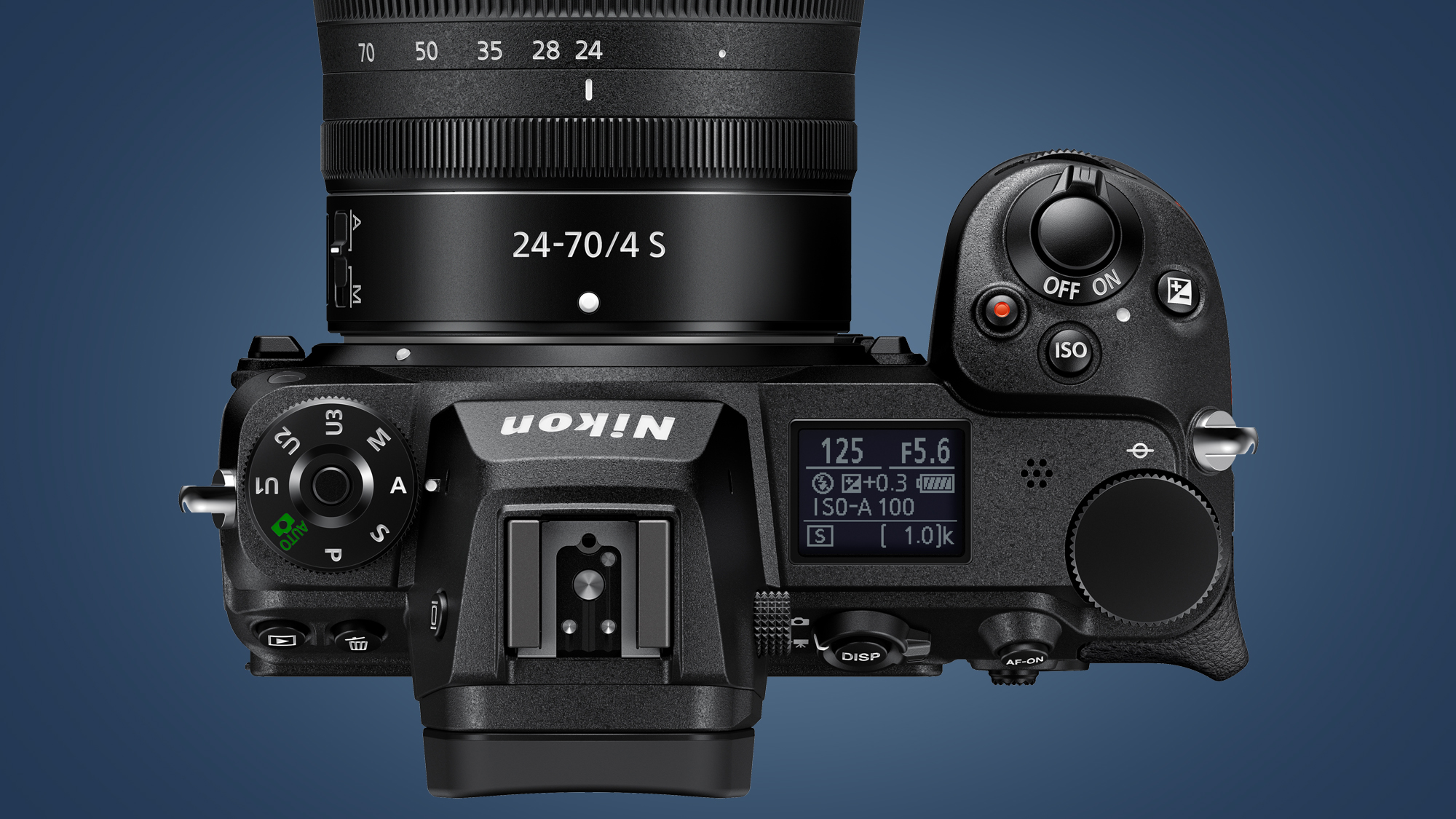
The second and third improvements delivered by those dual processors is higher burst shooting rates and deeper buffers. The Nikon Z6 II can shoot action sequences at 14fps, with a buffer depth of 112 raws (12-bit uncompressed) or 200 JPEGs. As it's a higher resolution camera, the Nikon Z7 II is a little more limited, but can still rattle off frames at 10fps, with the buffer running out after 50 raws (12-bit uncompressed) or 200 JPEGs.
Limited buffers were one of our big criticisms of their predecessors, so this is a bonus for sports and wildlife photographers – although the Z6 II and Z7 II still lag behind the likes of the pricier Canon EOS R6 on this front.
- What is CFexpress? The new camera memory card format explained
The fourth big change is that the Nikon Z6 II and Z7 II both have two memory card slots. Their predecessors were widely panned for only having single slots, but the new cameras have one for CFexpress/XQD cards and another for UHS-II SD cards.
This means you can shoot raw to one card and JPEG to another, or set up a backup in case your main card fails. We thought the single XQD card slot on the Nikon Z6 and Z7 was actually a relatively minor issue, but this is definitely a much more versatile setup.
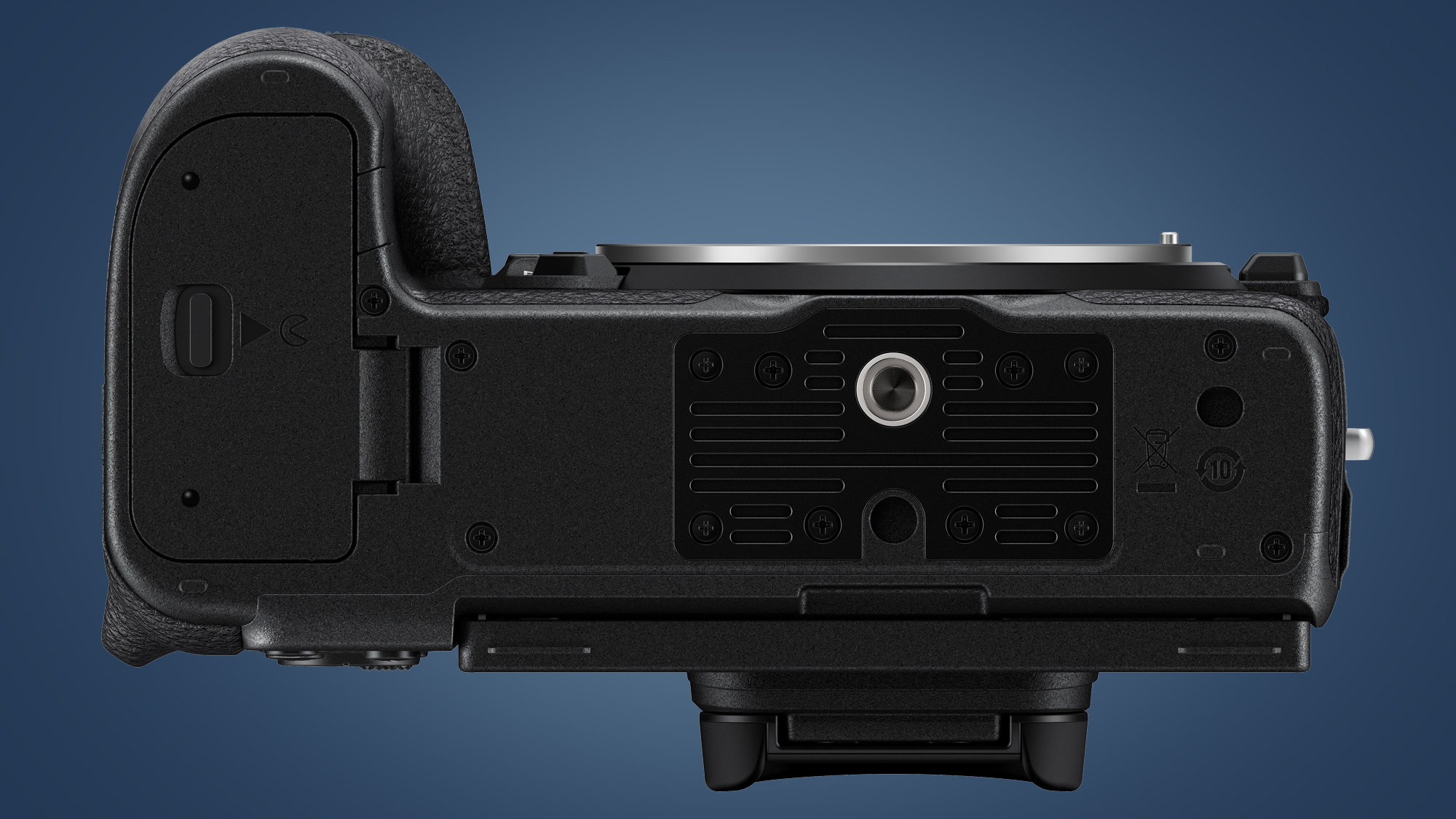
Another bonus for versatility is that you can now use the USB-C port to charge the camera while you're shooting. This was another oversight on the Nikon Z7 and Z7 that we're glad to see has been fixed.
Lastly, the Nikon Z6 II and Z7 II bring improved video powers, although there is a slight caveat with the former. While the Z7 II will be able to shoot in 4K/60p video right out of the gate, the Nikon Z6 II will have to wait for a firmware update in February 2021 to get that mode. Hopefully that update won't get delayed.
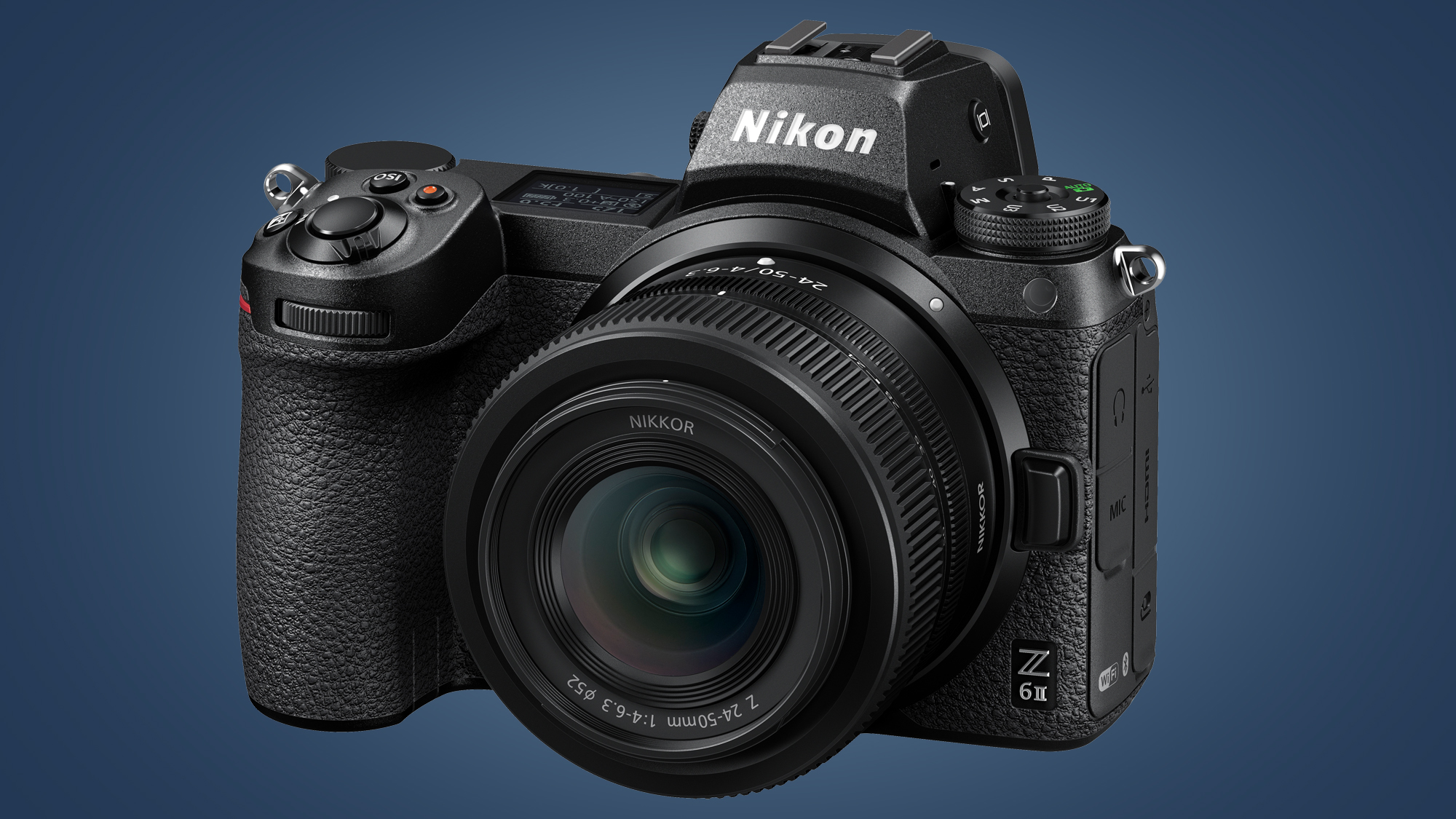
Talking of firmware, both cameras also have the long-awaited update that lets you shoot in Apple ProRes Raw when recording to a compatible Atomos external recorder. The ProRes Raw format helps preserve all the data from the full-frame sensor, but in smaller file sizes.
You can also record 10-bit to an external recorder via HDMI and in HLG (Hybrid Log Gamma), which is ideal for creating video to play back on HDR displays without the need for time-consuming color grading.
Nikon Z6 II and Z7 II accessories
Beyond the cameras, Nikon has also announced a couple of new pro-level accessories too. There's the new MB-N11 battery grip (£359, around $467 / AU$650), which has handy features like a rear command bar, an AF-On back button focus button and a joystick for choosing your AF point.
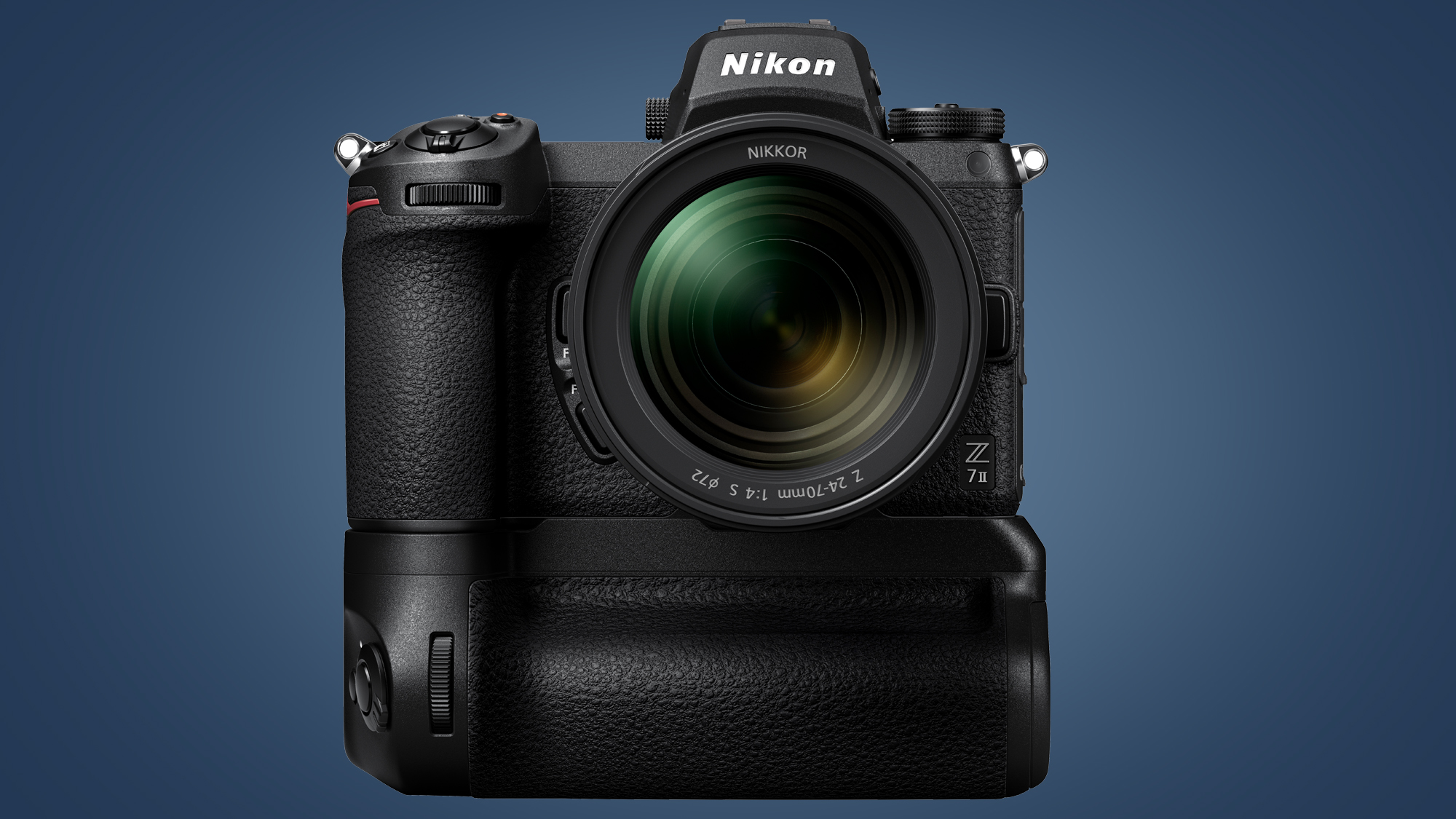
Like the existing MB-N10 grip, it also lets you hot-swap batteries while you're shooting time-lapses or videos, so you don't have to pause what you're filming. Handy.
If you work with wireless lighting a lot, there's also the new Wireless Remote WR-11b (£149, around $195 / AU$270), which lets you create off-camera flash from up to 120 meters away.
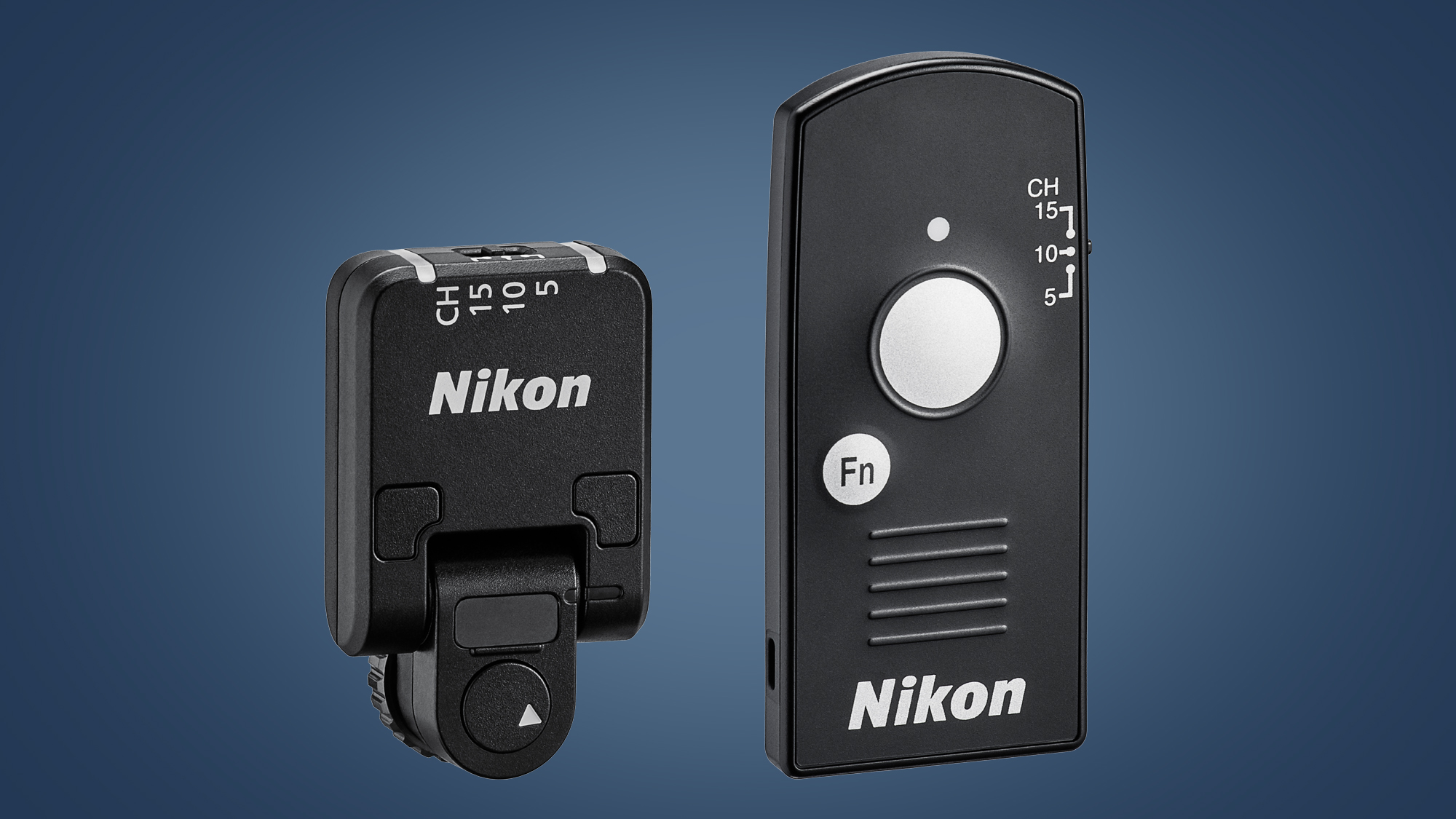
This also doubles as a long-distance wireless remote control for the camera, which could be handy for wildlife snappers. Another little addition on this theme is that the Nikon Z6 II and Z7 II's CH+ (continuous high extended) mode will now synchronize with flash too, boosting its appeal for action sports photographers.
Nikon Z6 II and Z7 II: what's missing?
Those are all of the new features on the Nikon Z6 II and Z7 II, but do they deliver everything on our wishlist? They're certainly a welcome step up, but there are a few features missing.
The Z6 II and Z7 II both have exactly the same viewfinders (0.5-inch, 3.6-million dot EVFs) and tilt-only screens as their predecessors. The former is certainly still competitive, if now overshadowed by EVFs on the pricier Canon EOS R5 and Sony A7S III. But the lack of a vari-angle touchscreen may put off those looking for a true video-stills hybrid, as you can't flip the screen round to face you when filming to camera.
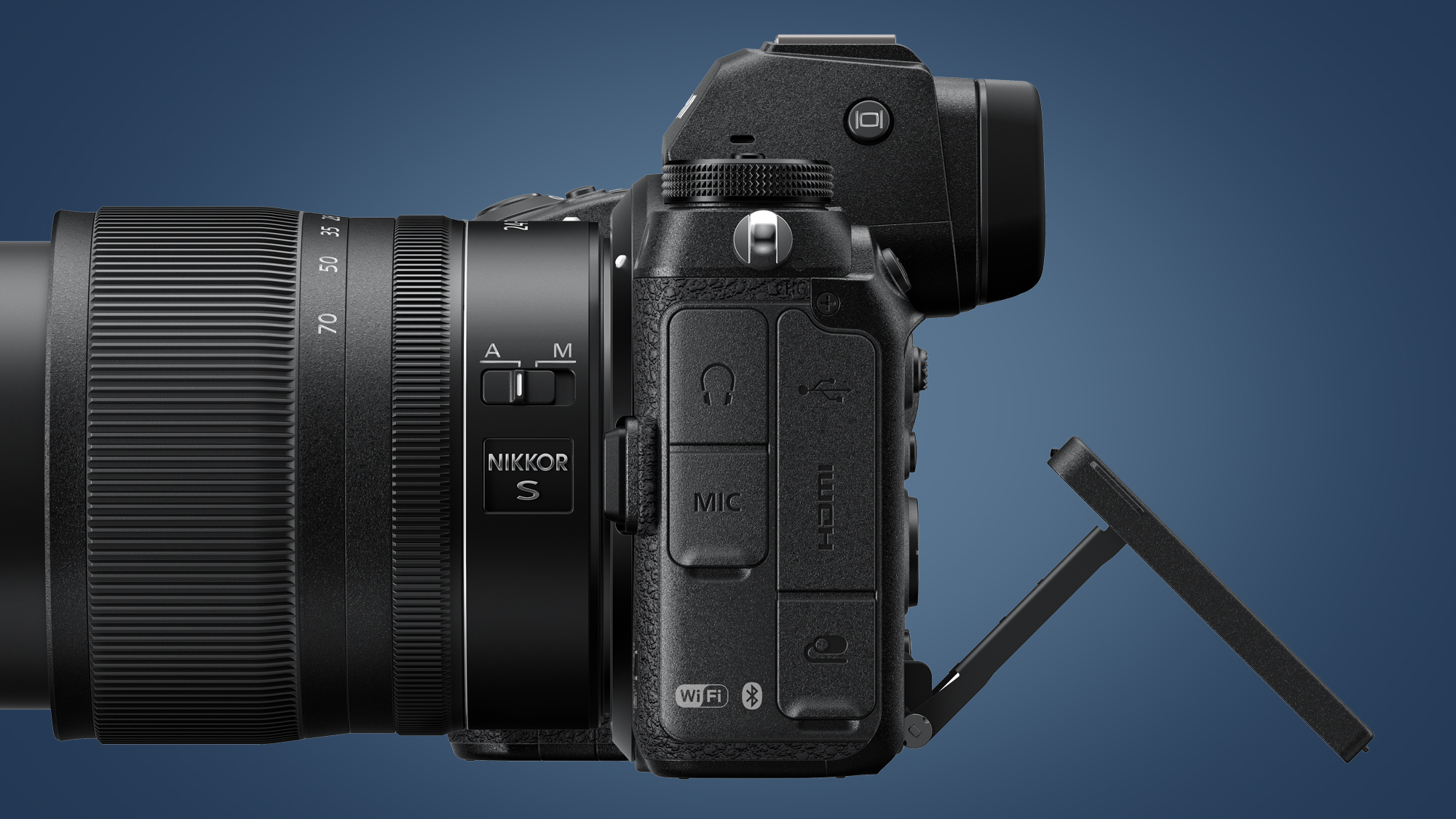
While their video specs have improved, the Nikon Z6 II and Z7 II both fall slightly short of full-frame rivals like the Panasonic Lumix S5. That camera can shoot 10-bit video internally, rather than needing to rely on an external recorder like the Nikons. Still, it's good to see the arrival of a 4K/60p mode on both the Z6 II and Z7 II, even if the former will unfortunately have to wait until a February 2021 firmware update to receive it.
Lastly, there have been no new announcements on Z-series lenses, with the roadmap staying the same as one we saw in July 2020. Future announcements on that schedule include a 24-105mm, 100-400mm and 200-600m lenses, but it looks like we'll need to wait until later in the year or 2021 to get any more precise details on those.
What does this mean for the Nikon Z6 and Nikon Z7?
Given the Nikon Z6 II and Z7 II are relatively minor upgrades, you might be wondering what's going to happen to the prices of the Nikon Z6 and Z7. After all, with both cameras now well over two years old, they could potentially become full-frame mirrorless bargains.
Right now, Nikon says the Nikon Z6 and Nikon Z7 will remain on sale for the foreseeable future at their current prices. But given the arrival of their shiny new successors, it seems likely that some small discounts could arrive soon. We'll certainly be keeping our eyes peeled and will let you know if we spot any deals. Make sure you bookmark our deals page and follow TechRadar Deals on Twitter to hear about them first.
- These are the best cameras you can buy right now
from TechRadar - All the latest technology news https://ift.tt/2SREgbv
via IFTTT


0 التعليقات: